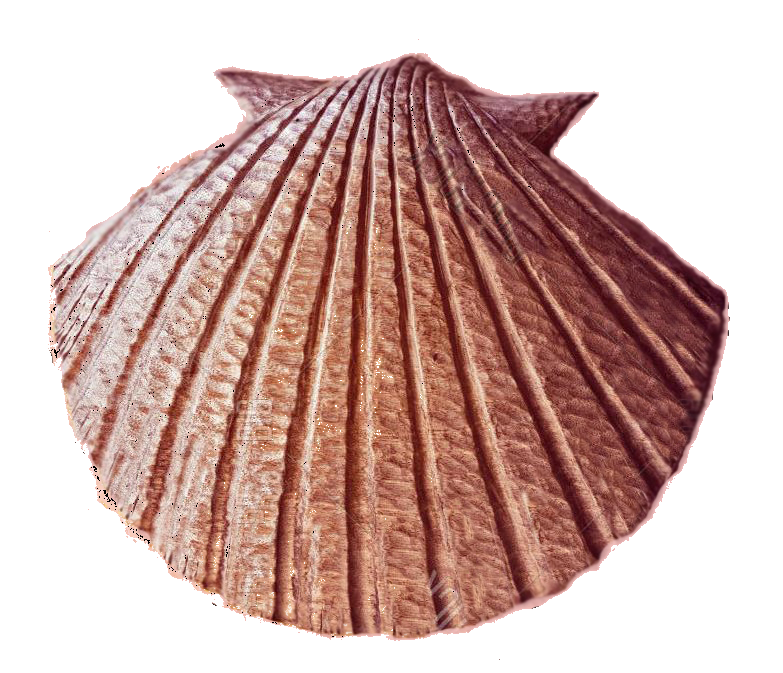The Apostle


Saint Matthew, The Apostle and Evangelist
St. Matthew, one of the twelve apostles, was a tax collector before following Jesus. He authored the first Gospel, emphasizing Christ as the Messiah. His transformation from a public sinner to a holy evangelist inspires many. He is the patron saint of accountants and bankers.
Matthew the Apostle was, according to Christian traditions, also one of the four Evangelists as author of the Gospel of Matthew, and thus is also known as Matthew the Evangelist.
The claim of his gospel authorship is rejected by most modern biblical scholars, though the "traditional authorship still has its defenders." The New Testament records that as a disciple, he followed Jesus. Church Fathers, such as Irenaeus and Clement of Alexandria, relate that Matthew preached the gospel in Judea before going to other countries.
In the New Testament
Matthew is mentioned in Matthew 9:9 and Matthew 10:3 as a tax collector who, while sitting at the "receipt of custom" in Capernaum, was called to follow Jesus. He is also listed among the Twelve Disciples, but without identification of his background, in Mark 3:18, Luke 6:15 and Acts 1:13. In passages parallel to Matthew 9:9, both Mark 2:14 and Luke 5:27 describe Jesus's calling of the tax collector Levi, the son of Alphaeus. However, they do not associate it with the name Matthew.
Since the father of both Levi/Matthew and James, son of Alphaeus is named Alphaeus, according to the tradition of the Eastern Orthodox Church the two apostles were brothers.
Ministry
The New Testament records that as a disciple, Matthew followed Jesus. After Jesus' ascension, the disciples withdrew to an upper room (Acts 1:10-14) in Jerusalem. The disciples remained in and about Jerusalem and proclaimed that Jesus was the promised Messiah.
Early Church Fathers such as Irenaeus and Clement of Alexandria say that Matthew preached the gospel to the Jewish community in Judea, before going to other countries. Ancient writers are not in agreement as to which other countries these are, but almost all sources mention Ethiopia, The Catholic Church and the Orthodox Church each hold the tradition that Matthew died as a martyr and the Babylonian Talmud appears to report his execution in Sanhedrin.
According to Church tradition, while preaching in Ethiopia, Matthew converted, and then consecrated to God, Ephigenia of Ethiopia, the virgin daughter of King Egippus. When King Hirtacus succeeded Egippus, he asked the apostle if he could persuade Ephigenia to marry him. Matthew invited King Hirtacus to liturgy the following Sunday, where he rebuked the king for lusting after the girl, as she was a nun and therefore was the bride of Christ. The enraged King thus ordered his bodyguard to kill Matthew who stood at the altar, making him a martyr.
The Feast of Title:
The Anglican community commemorates St.Matthew with a festival on September 21.
https://en.wikipedia.org/wiki/
https://www.franciscanmedia.org/saint-of-the-day/
https://www.catholic.org/saints/
https://en.wikipedia.org/wiki/Matthew_the_Apostle
https://www.britannica.com/biography/Saint-Matthew